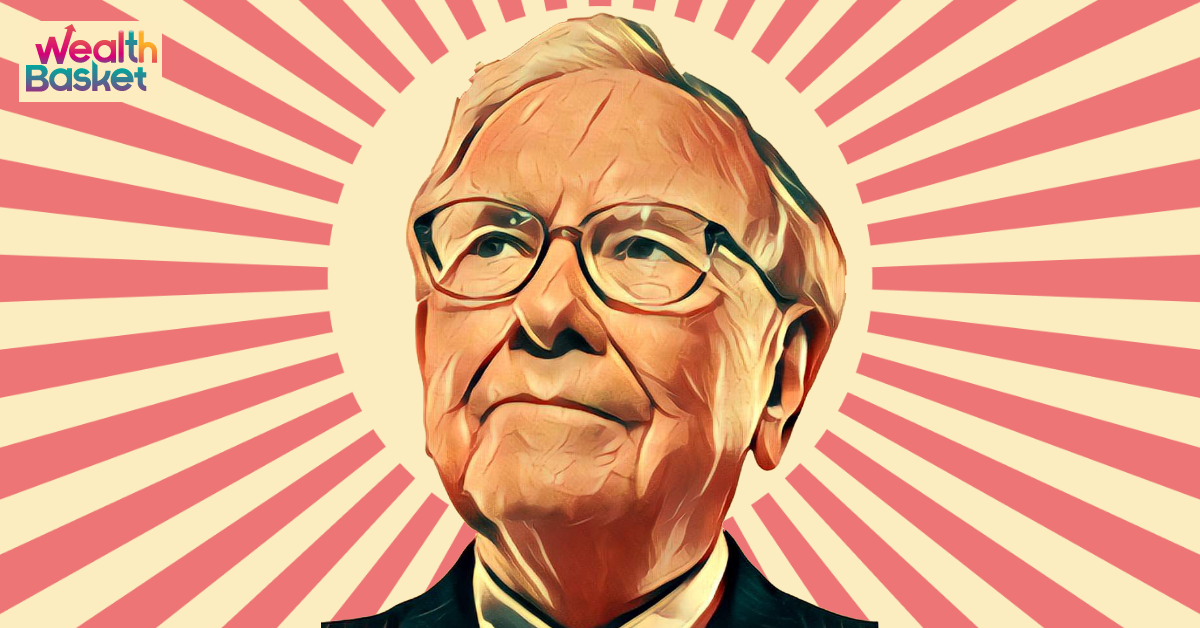Investing is one of the core pillars of solid personal finance, and personal finance is more ‘personal’ than ‘financial’. Rather often than not, effective investment decisions are based on what suits a person more than what quantitatively makes the most sense, producing the highest “risk-adjusted returns”.
If investing is a far more intimate practice than
you thought, it must also be consistent with your daily
values. Consider Shariah-compliant investment. It is a
type of socially responsible investing in accordance
with the Shariah law of the Muslim religion.
So, if a person follows the Islamic way of life, he will not wish to engage in investments that contradict it. These include, but are not limited to, the sale of sin goods and the collection of interest.
As more individuals realise this, the need for sustainable investment options will only see an uptick as is happening today.
Now that we’ve established where the notion of ESG originated, let’s look at how different industry participants define it.
E-S-G naam toh suna hoga
Defining the undefined
| Environmental | Social | Governance |
| Conservation of the natural world | Consideration of people & relationships | Standards for running a company |
|
– Climate change and carbon emissions – Air and water pollution – Biodiversity – Deforestation – Energy efficiency – Waste management – Water scarcity |
– Customer satisfaction – Data protection and privacy – Gender and diversity – Employee engagement- Community relations – Human rights- Labor standards |
– Board composition – Audit committee structure – Bribery and corruption – Executive compensation – Lobbying – Political contributions – Whistleblower schemes |
ESG is an acronym that stands for environmental, social, and governance. Aside from the full form, no one in the business can agree on a single definition of ESG and what it entails.
Companies produce 100-page reports on their ESG
operations, ESG rating companies provide extensive
rationales for their ratings, and investors continue to
pour more money into ESG-themed financial products, all
while failing to unanimously agree on what constitutes
ESG and what does not.
Veteran WealthBasket Managers have their own take on the topic as well.
|
Rajesh Kothari Founder – AlfAcurrate AdvisorsAAA Digital India |
ESG is a journey. What is important is the company’s intention—doing business in the most ethical way possible, which comes first, even on top of ESG. ESG is a concept that people have only recently started discussing in the last 4-5 years, but ETHICS and INTENTIONS are most important and go much beyond ESG. |
With all of this noise, it’s tough to engage properly in the topic without being confused about what’s good and wrong. Furthermore, as utopian as it may sound, there is a dark side to it that not everyone discusses.
What is wrong with ESG?
Despite our best efforts, the ideals embodied in these three small initials do not always coincide. That is why a compromise is required.
Convincing firms with thin profit margins to invest money to reduce their greenhouse gas emissions, for example, is a huge task. It is not without repercussions.
Companies may have to compromise profits paid out as dividends to shareholders in order to cut emissions. Dropping dividends are accompanied by falling share prices, both of which reduce shareholder returns.
Karan Aggarwal, CFA of Elever Investment Advisers, one of the quant WealthBasket Managers on our platform, stated there is no substantial data to back assertions that ESG may generate outperformance, citing the white paper ‘Honey, I Shrunk the ESG Alpha: Risk-Adjusting ESG Portfolio Returns’.
|
|
|
What good is this ‘investment’ theme that promises subpar returns?
Even if we ignore this, there is no guarantee that organisations ranked higher on ESG considerations actually do well for their stakeholders. “If a global number one company Johnson & Johnson get sued because of their involvement in terror funding and they give you a 100 page of ESG report attached with annual report – to me that ESG has zero value”, says Rajesh Kothari from AlfAccurate Advisors.
| Sumit SinghManaging Director – Xumit CapitalXC Pure Alpha Strategy | You have to be very number driven and compute future cashflows, nothing else. You can not let emotions drive decisions and ESG theme attracts a lot of emotions. |
Realistic way to approach ESG Investing
With all of this hoopla, Dhiren Jain from Rupeeting steps in to explain how they went on to develop their Socially Responsible Investing WealthBasket, hoping our readers might learn a thing or two about playing the theme sensibly.
Multiple agencies give ESG ratings in the sector, and the standard mandates that a greater ESG score must attach a bigger weight to the security.
This method has two shortcomings:
- Multiple grading agencies’ ESG scores do not coincide because this is a very subjective and qualitative procedure
- Weighting based on ESG scores is based on the notion that firms with higher ESG ratings provide greater returns (a myth we busted earlier)
Rupeeting addresses this by not depending solely on the ESG ratings provided by third-party rating organisations, but rather by defining it themselves based on the research of these agencies, providing them greater autonomy, flexibility, and control over what they mean by ESG.
They also keep in mind that ESG investing still contains
the word “investing,” and that making money
takes precedence over other considerations. While only
firms that score well on their ESG framework or are on
the path to getting better are included in the
investment universe, the final decision on weight is
made at their discretion based on their assessment of
tailwinds favouring the company.
Following
this easy procedure might help you identify good
businesses that are riding the ESG theme’s secular
trend.
Consider SRF Ltd., which not only generated a lot of money for Rupeeting in its portfolios but was also on a constant journey to becoming more ESG compliant, as they characterised it.
| Case Study |
|
Greenhouse gas emissions have long been
suspected of triggering Ozone layer gaps. In
1987, all nations signed the Montreal Protocol,
which outlawed the use of CFCs and HCFCs and
became a stepping stone to a long-term trend of
shifting consumption toward cleaner gases. SRF’s founding coincided with this development taking place halfway around the world in Canada. SRF fluorine production, a cleaner alternative, was set to gain greatly from what was happening. SRF’s product portfolio continues to evolve in the same way as protocol participants agreed that we will continue to transition toward cleaner gases. Is fluorine good for the environment? – NO Is SRF working towards making the world better than it was before? – YES |
By adhering to their mindset, they not only selected a multibagger for their portfolio, resulting in profits, but they also adhered to the ideals of investing in businesses that make the world a better place.
You can either learn from the takeaways of the process share above or let the professionals do their job and take a backseat by subscribing to their WealthBasket.


















